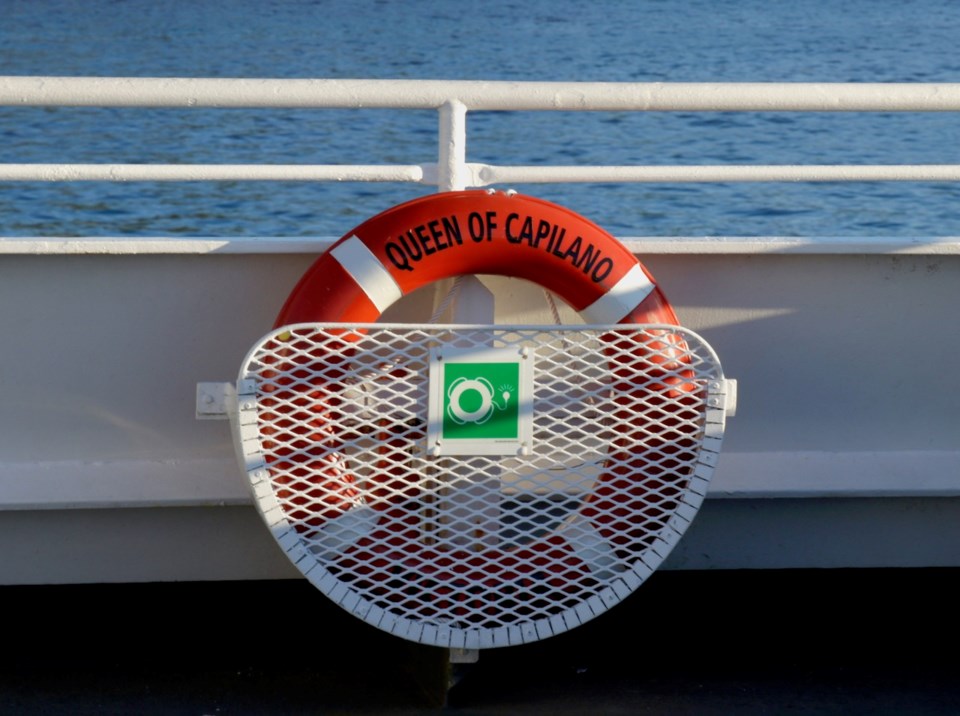Dear Editor:
As the campaigning for the municipal elections starts to heat up, candidates will have to be prepared to address some of the basic issues that will face them in the coming term.
The new council will have to take a long-term view of Bowen’s economic and social development.
Previous councils have frequently ignored the fact that our island economy is limited by our total dependence on the ferry: the constraints on the service provided by BC Ferries represent the real limits to economic growth and social progress on our island. Already we are seeing passenger overloads (never mind continual vehicle overloads.) The new council must actively consider how to manage this scarce resource. Susanna Braund’s report in the Undercurrent (August 30) on the recent annual meeting of ferry advisory chairs gives a good summary of our current problems and the fact that other islands appear to get better deals.
The next council will sit during the run up to the re-development of the Horseshoe Bay terminal. During the actual construction phase, we are told, that the number of operating berths will down to two, exacerbating the already existing delays at the Horseshoe Bay terminal. Our new council must take an active role in negotiating measures to mitigate the throttling of Bowen traffic during this period and the consequent strangling of our island economy. Indeed even real estate transactions could drop as potential off-island buyers are put off by the delays and cancellations.
At present BC Ferries simply avoids the issue by using the “first-come, first serve” rule, yet there should be some effort to prioritize access to the Queen of Capilano’s scarce deck space. Which should take precedence – the milk delivery truck or a superwide excavator tractor-trailer rig? All of our food and other necessities comes across on that ferry deck; service interruptions and delays can and do affect the island as a whole. Apart from passenger overloads, our on-island gas station has had several occasions where it has simply run out of one or the other grades of gas. Will the next council say “let them eat cake?”
A further issue will be the funding of these upgrades: BC Ferries is opening the discussion by stating that these will have to be paid by the users, not BC Ferries as a whole. But how will the “users” be defined? By vehicular demand? By number of passengers? Will the larger routes get some sort of preference? The resolution of this issue will require tough negotiators, something akin to Canada’s recent problems with the US and NAFTA!
The solutions to these problems must include other aspects of our transportation system. Our mayor sits on the Mayor’s Council of Translink, which itself will be a key player in mitigating the effects of the coming strangling of ferry service during the terminal upgrade, and will have to take an active role in this dialogue. The new council will have to be united in its views on transportation and not simply hopeful that the problems will solve themselves and go away. It must engage actively in seeking solutions rather than reacting to problems as they appear.
Adam Holbrook



